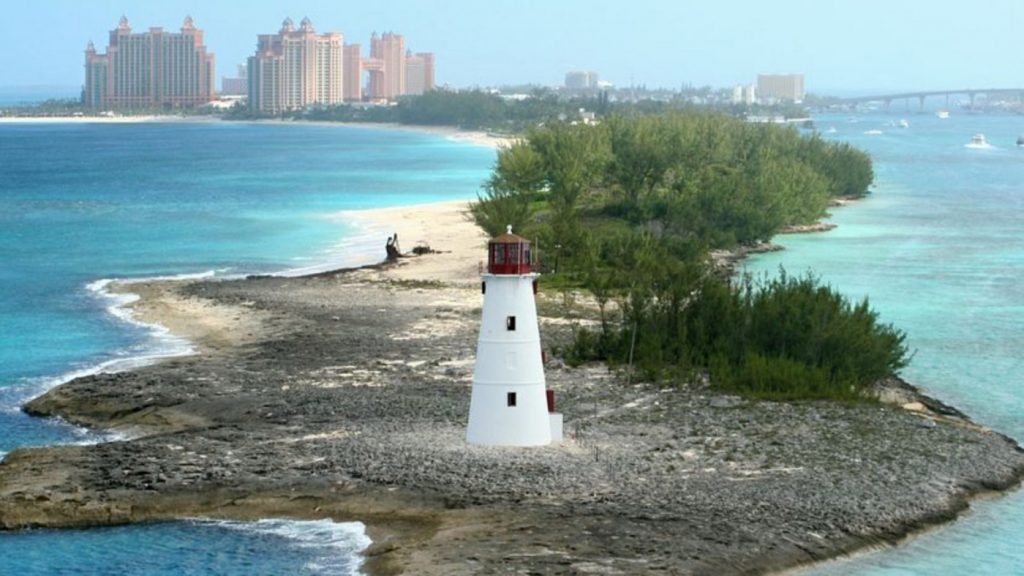In recent years, money laundering schemes have found their way into the spotlight through various news leaks. Specific disclosures from renowned lists have exposed various laundering schemes over the past years. The Paradise Papers, for example, comprised 13.4 million confidential files from various offshore financial centres and companies (law firms offering incorporation services) respectively. These schemes bring questions to light, like why do US firms use places like the Bahamas as offshore financial centre?
Table of Contents
Key TakeawaysWhat Are The Paradise Papers?When Will Finances Be Translucent?Why Are These Companies Using Offshore Financial Centres?Summary
Key Takeaways
Paradise Papers is a data leak disclosing information about offshore companies.These companies in offshore financial centres are sometimes able to avoid the US’ or other countries’ tax systems, which goes against the aim of creating an equal taxing arrangement for businesses.These islands allow illicit companies to run on their land because they can pass the responsibility off to the mainland country if there are financial complications.Until business tax information is available for everyone to see, it will be difficult to overcome this challenge.
What Are The Paradise Papers?
The Paradise Papers contain information regarding companies in offshore financial centres around the world, and recent leaks provided this information to the public. This is not always good news for the offshore firms, sometimes placing them in an unwanted light and putting media pressure on these firms to declare their justification for being an offshore company. However, in recent times, the press has been highlighting that not all offshore companies are illegally run, and a lot of them can be very legit and legal.
Nevertheless, the information these papers provide paints the companies in a poor light and continues to damage many high-level officials’ reputations and political identities. Even Prince Charles and the Queen of England were highlighted for a scandal. Secret behavior always means media attraction, regardless of the intentions behind it.
When Will Finances Be Translucent?
The problem remains that this exposure of secrecy will continue to be attractive to the public until finances and taxes are evident. Every year, news stories exemplify how the wealthiest people can evade taxes or run their companies in offshore financial centres to avoid the financial liability they face.
Even when these companies are run legally, it creates suspicions if they are engaging in activities to make these companies intransparent. The latest disclosure from the Paradise Papers, for example, has increased the public’s outrage that some individuals can get away with such practices.
Government agencies find use in the Paradise Papers and other data leakages to find criminals guilty of tax evasion running these illegal businesses and continue working to end fraudulent behavior.
It is their responsibility to ensure all citizens are paying their equal parts in taxes. Governments have strict fines and penalties for individuals who do not pay taxes or launder money through the financial system. Even large corporations are bound to comply with such legislation.
Both of these notions, creating a fair tax system and anti-money laundering laws, should compel the government to tighten transparency requirements. This could be as simple as forcing legatees of companies that are run in offshore financial centres to be identified. Despite some of these leaks leading to enforcement actions, these schemes still continue.
Why Are These Companies Using Offshore Financial Centres?
The question begs, why do firms use places like the Bahamas as offshore financial centre? The answer is simple. These offshore financial centres benefit from allowing corporations to run business on their land in secrecy, and catering to prosperous business owners. Whether illegal or not, some businesses prefer running their activities elsewhere than in their home country and choose a more secretive location. These dependent territories can often avoid taking the blame of any wrongdoing and instead place it on the home country the corporation is being run.
Now that the general public is made aware of these possibly illicit dealings avoiding tax and AML laws, will governments begin to put policies in place to manage these companies working offshore? This depends on how serious the uncover is and who is involved. If extreme illegal funds are discovered, they may just be what we need to see a drastic change in tax transparency. In this case, governments will be forced to place tighter restrictions.
Summary
When data leaks such as the Paradise Papers released information about offshore financial centre, many enforcement agencies around the world where looking into the data to see who is running particular companies. This then allowed them to further investigate the legality of these organizations and potential tax liabilities.
The difficulty for the enforcement agencies was that it is not always possible to identify all illegal actions, if any, of these organizations and all information required to determined the responsible persons behind the front. This is partially due to the fact that offshore companies do not always provide such information to their main country of origin, such as identification of the beneficiary. Until more leaks find their way into the mainstream, it is hard to predict when improvements to international transparency requirements will arise.





